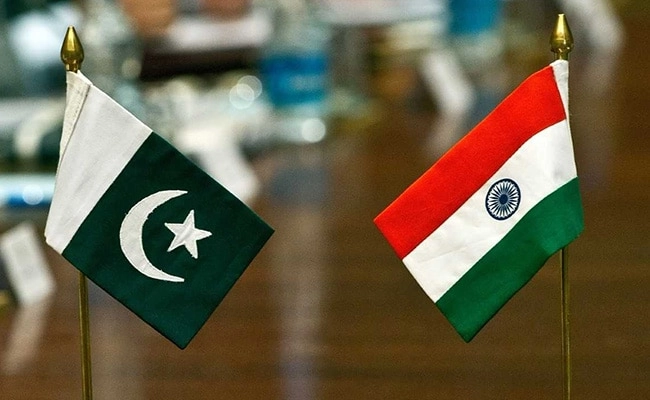The United States has consistently maintained a vigilant stance regarding the geopolitical dynamics between India and Pakistan, claiming to monitor the situation “every single day.” This assertion underscores the strategic importance of both countries in South Asia, where their historical tensions and ongoing disputes pose significant implications not only for regional stability but also for global security. The U.S. recognizes that the lengthy conflict over Kashmir, military posturing, and the potential for nuclear confrontation necessitate a sustained observation of developments in this volatile region.
Historically, the relationship between India and Pakistan has been fraught with conflict, particularly since their partition in 1947. The two nations have engaged in multiple wars and skirmishes, primarily over the Kashmir issue, leading to a complex interplay of military and diplomatic efforts. The U.S. has a vested interest in ensuring that these tensions do not escalate into open conflict, which could destabilize South Asia and have far-reaching consequences. By closely monitoring the situation, the U.S. aims to intervene diplomatically when necessary, facilitating dialogue and de-escalation between the two nuclear-armed neighbors.
Furthermore, the geopolitical landscape has evolved with the rise of China as a regional power, complicating the dynamics between India and Pakistan. The U.S. has sought to strengthen its ties with India, viewing it as a counterbalance to China’s influence in the region. This strategic partnership adds another layer of urgency to the U.S. surveillance of India-Pakistan relations, as any significant military clash or escalation could hinder U.S. efforts to foster a stable balance of power in Asia. The U.S. administration’s commitment to keeping a close eye on this relationship reflects both the historical context and the contemporary strategic realities that shape their foreign policy objectives in South Asia.
In essence, the U.S. monitoring of India and Pakistan is not merely about observing conflicts; it is about understanding the broader implications for regional and global stability. As both nations continue to navigate their complex relationship, the U.S. remains poised to engage with both countries to promote peace and security in a region that is critical to international interests. This ongoing vigilance serves as a reminder of the delicate balance that must be maintained to prevent escalation and to encourage a cooperative approach to resolving longstanding issues.




